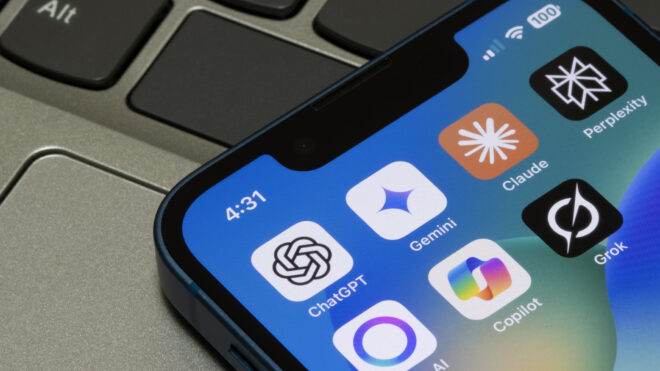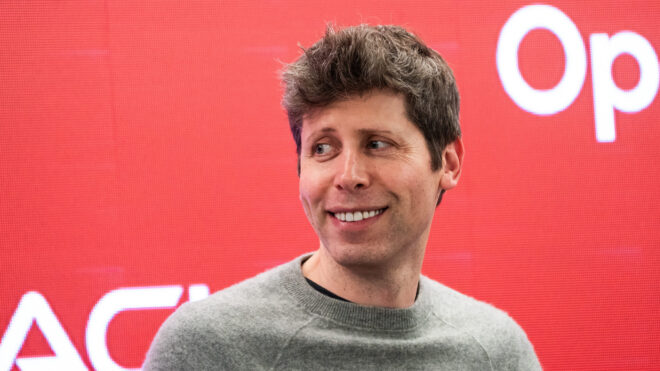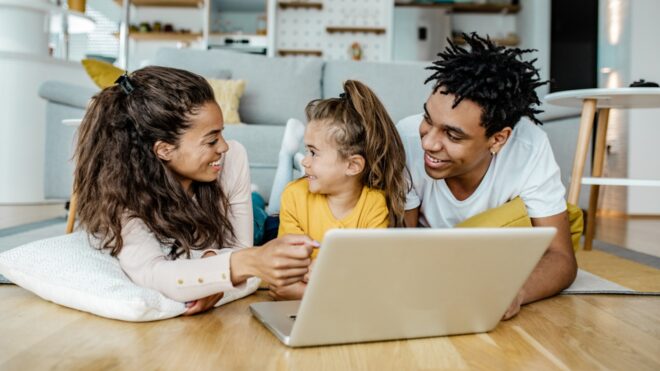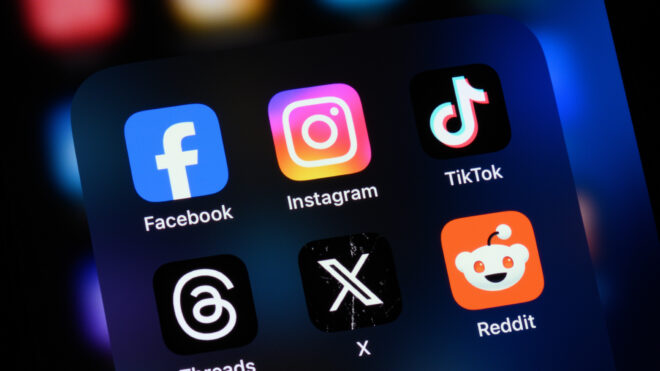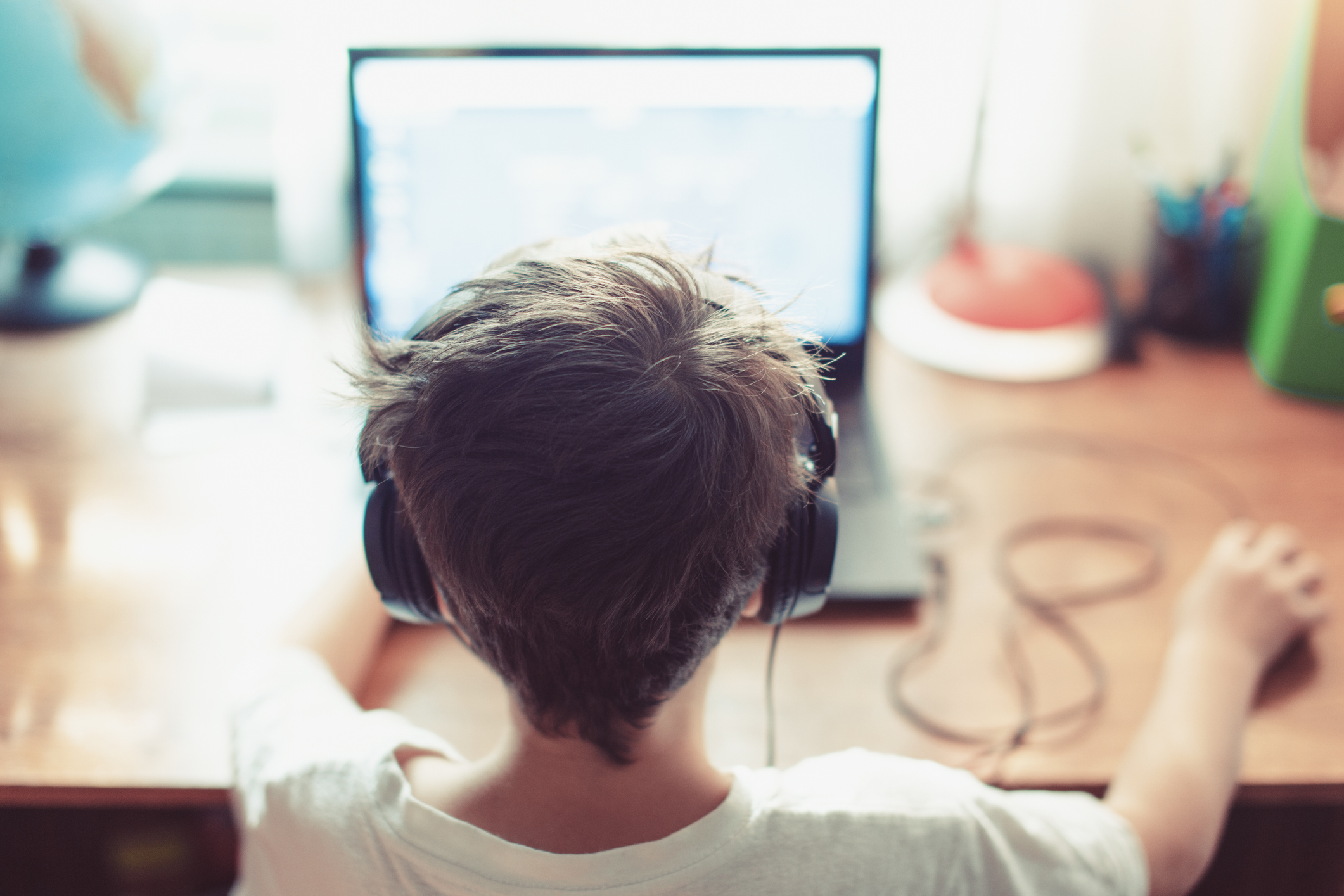
Artificial intelligence technology is not new, but it feels more present than ever before thanks to easy-to-use systems like OpenAI’s ChatGPT, Google’s Gemini, Instagram’s Meta AI, Snapchat’s My AI, and so on. That means it’s time to get real with ourselves and our children about the benefits and risks to having access to this kind of technology. And it goes beyond fears of students using AI to generate their homework assignments. AI concerns extend beyond education and into security, privacy, the ability to form respectful relationships, and more.
Here are 15 ways we can guide our children through this new normal in the tech world.
AI can help with studying.

Sometimes it seems like people can only focus on are the drawbacks of AI technology — especially as it regards education, but there are a lot of upsides as well. For instance, Quizlet has become a popular AI learning tool to help students with study guides, flashcards, practice tests, and more.
Check school rules.

As AI technology advances, schools may issue new plagiarism guidance to students. Parents should make sure they know the boundaries the school has set around the tech. Obviously students should never be using something like ChatGPT to generate entire essays, but some teachers and schools may request that no AI tech is used at any stage of research.
A history of plagiarism can affect a student even into college, according to Originality.ai. Kids need to understand how to stay within the bounds of what their school requires.
AI detectors may not work.
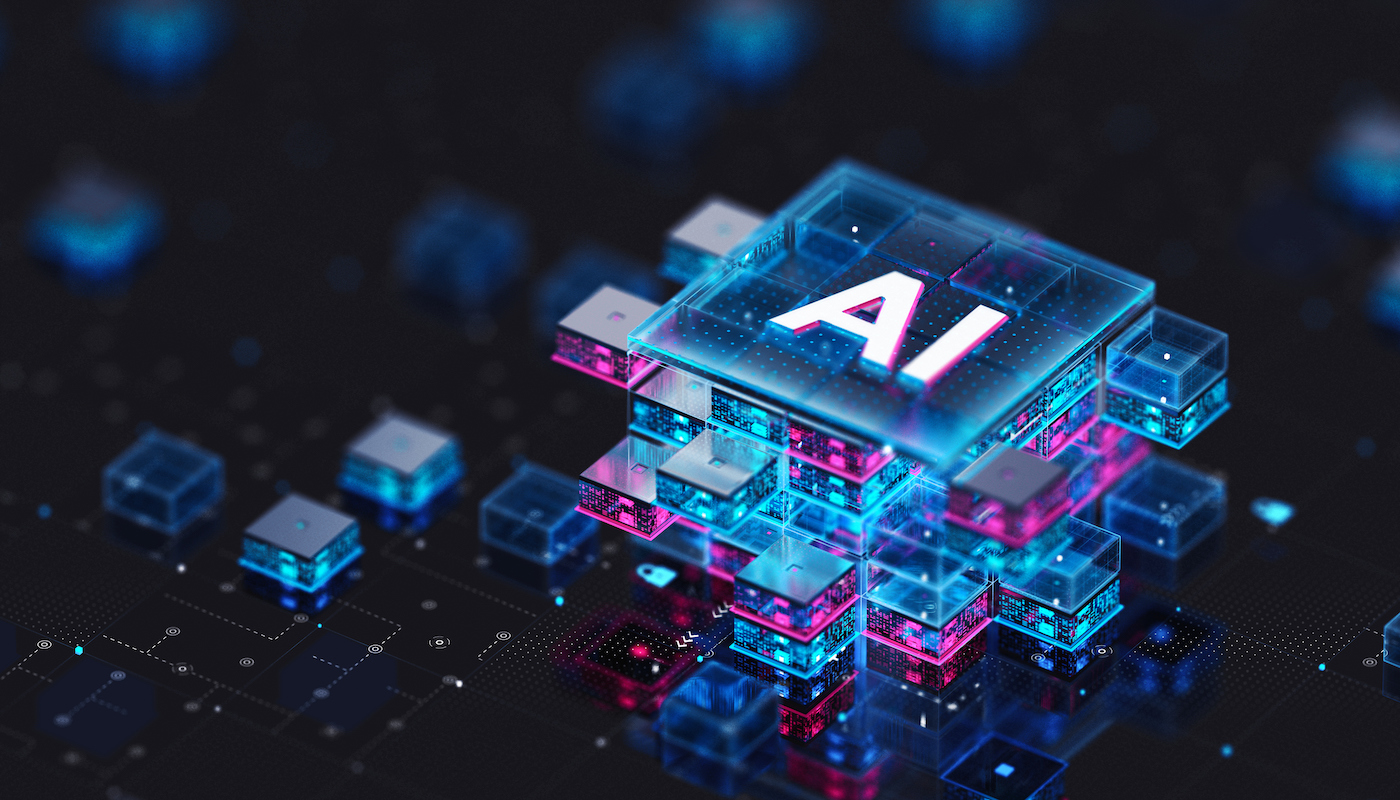
For parents (or even teachers) who plan to run children’s schoolwork through a supposed “AI detector,” unfortunately those don’t always work. OpenAI, the company behind ChatGPT, said, “Our research into detectors didn’t show them to be reliable enough given that educators could be making judgments about students with potentially lasting consequences.”
With that said, parents should be encouraging students not to implement high levels of AI work into their schoolwork.
There's value in doing our own work.

AI technology has essentially made it easier to not learn. ChatGPT can write entire essays, Apple’s new math notes feature can solve written equations, and so on. But it’s up to us to instill in our children that just because there are easier ways, that doesn’t mean they should take them.
School helps set us up to solve problems and communicate the rest of our lives. Kids shouldn’t shortchange themselves on that experience just to get through their homework quicker. Homework can be boring, but learning is essential for life.
It can be hard to determine what's real anymore.
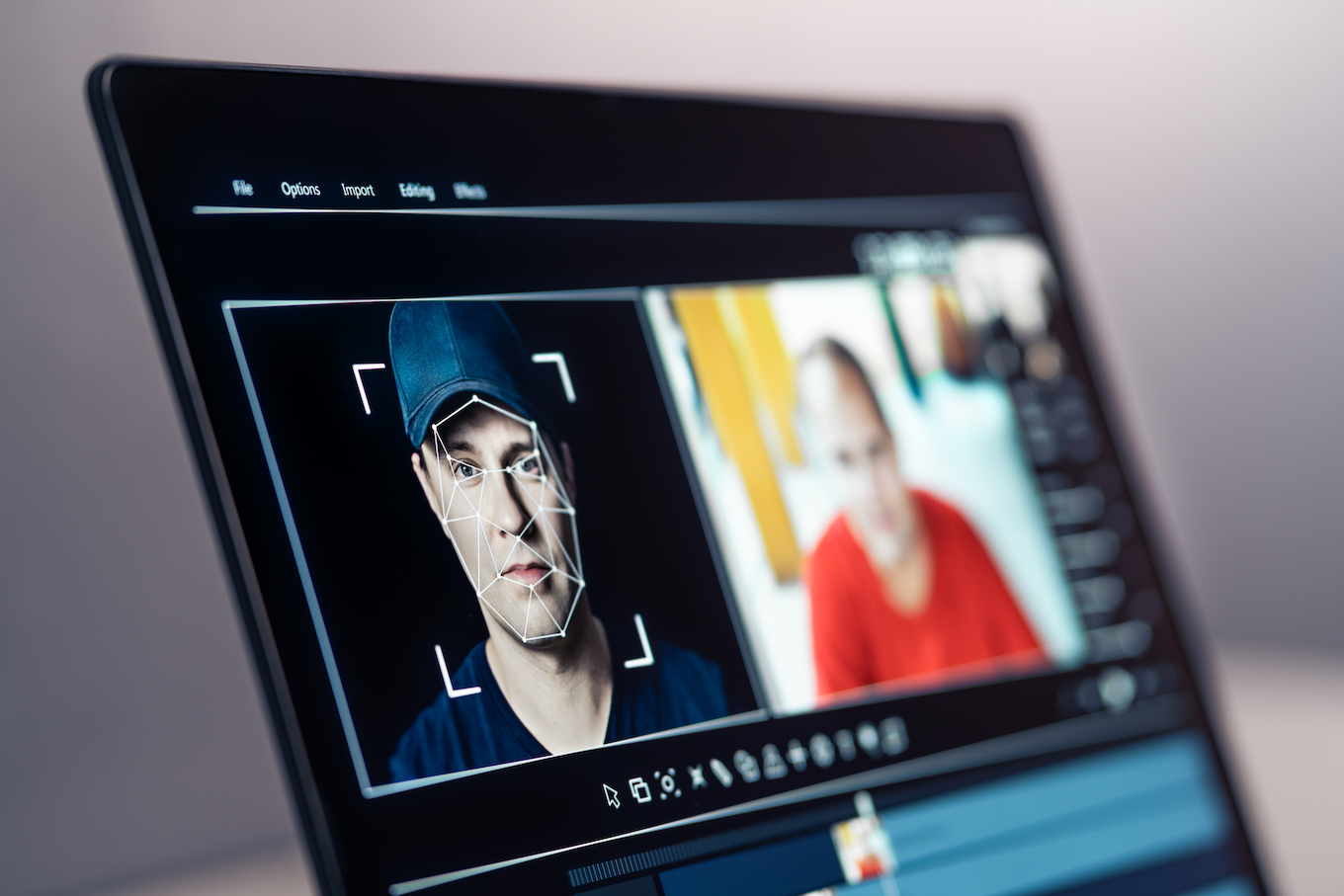
One of the drawbacks of AI is that it has become increasingly difficult to tell what is real or not in our world. AI can create fake photos, songs, video clips, and even people. It’s important that we let our children know we aren’t living in a world of “seeing is believing” anymore. They should be cautious to not accidentally spread misinformation or fall for fake images or videos.
It's best to still verify.

Anyone who’s Googled something lately has likely noticed that sometimes an AI-generated answer is the top result. We should remind our kids that just because an answer is there doesn’t necessarily mean it’s correct. It’s always best to verify the information by reading the actual sources Google’s AI draws from, which are usually located directly below the text answer.
AI isn’t perfect and it may miss context from the original source.
The data could be outdated.

When ChatGPT is asked how updated it is, it says that the GPT-4 model has a “knowledge cutoff in July 2023.” That means it isn’t able to accurately reflect information that’s come after that date. There may be a time when AI is able to update in real time, but for now it’s important for our children to remember that it may give outdated answers.
Information may be biased.
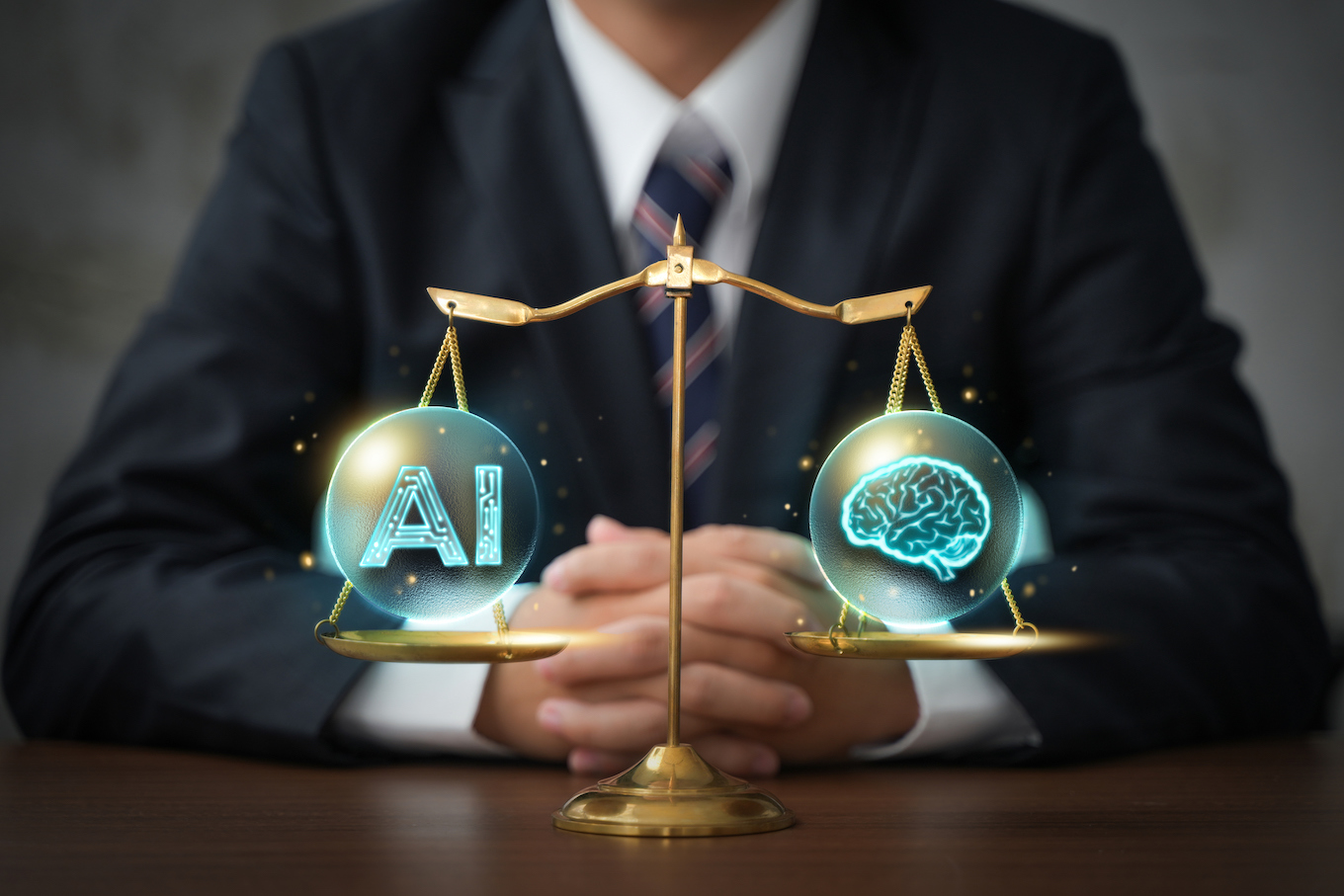
According to IBM, because AI programs are designed by humans, it’s possible for these systems to have “biased results due to human biases that skew the original training data.” These biases could negatively characterize marginalized groups such as the LGBTQ+ community, women, people of color, and those with disabilities.
Have children be on the lookout for AI outputs that may represent those negative human reflections.
Content could be inappropriate.
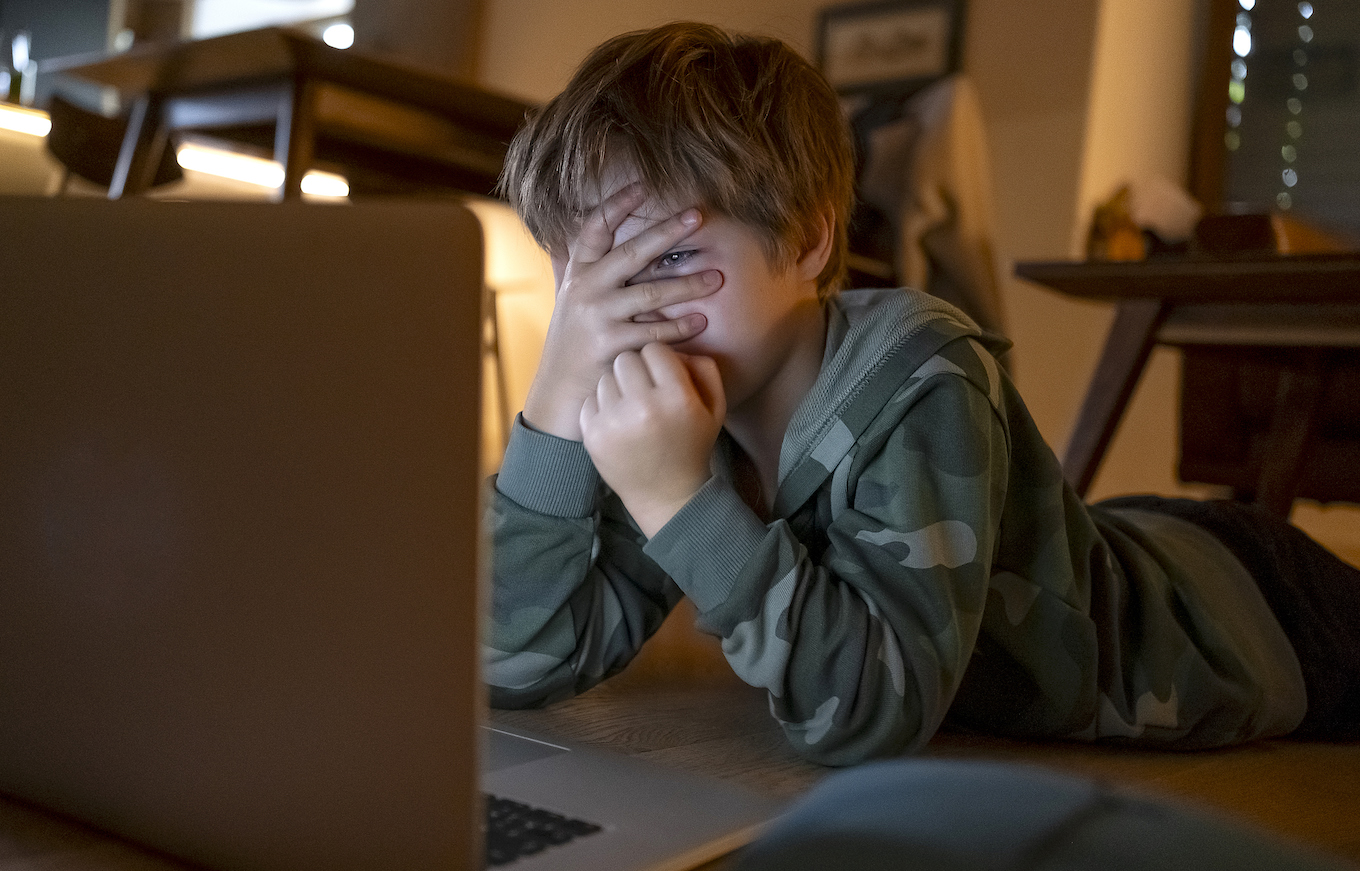
The OpenAI website notes that ChatGPT does attempt to limit “undesirable content” outputs. But there are no guarantees it will be appropriate for younger users. As it is, ChatGPT requires users to be at least 13 and to have parental consent if they’re younger than 18 because of the potential for inappropriate content.
Understand privacy concerns.

CNN writer Catherine Thorbecke cautioned in a 2023 article, “Don’t tell anything to a chatbot you want to keep private.” Some AI programs can use the information people input to continue training the software or to personalize it to the user. Children should be cautioned to keep sensitive personal information from being input into the systems.
This is also important for our young adult children to learn as they head into the workplace. Sharing company information with an AI system — even with good intent — could break confidentiality clauses.
There are sustainability issues.

It’s worth noting that generative AI systems may have a detrimental impact on the world’s water and energy consumption. According to Forbes, ChatGPT’s daily power use is equal to the usage from 180,000 American households. If the future is AI, it needs to get more sustainable.
And, in the meantime, we can impress upon our children that it’s not necessarily all harmless fun to generate conversations for no reason.
It could have an impact on real relationships.
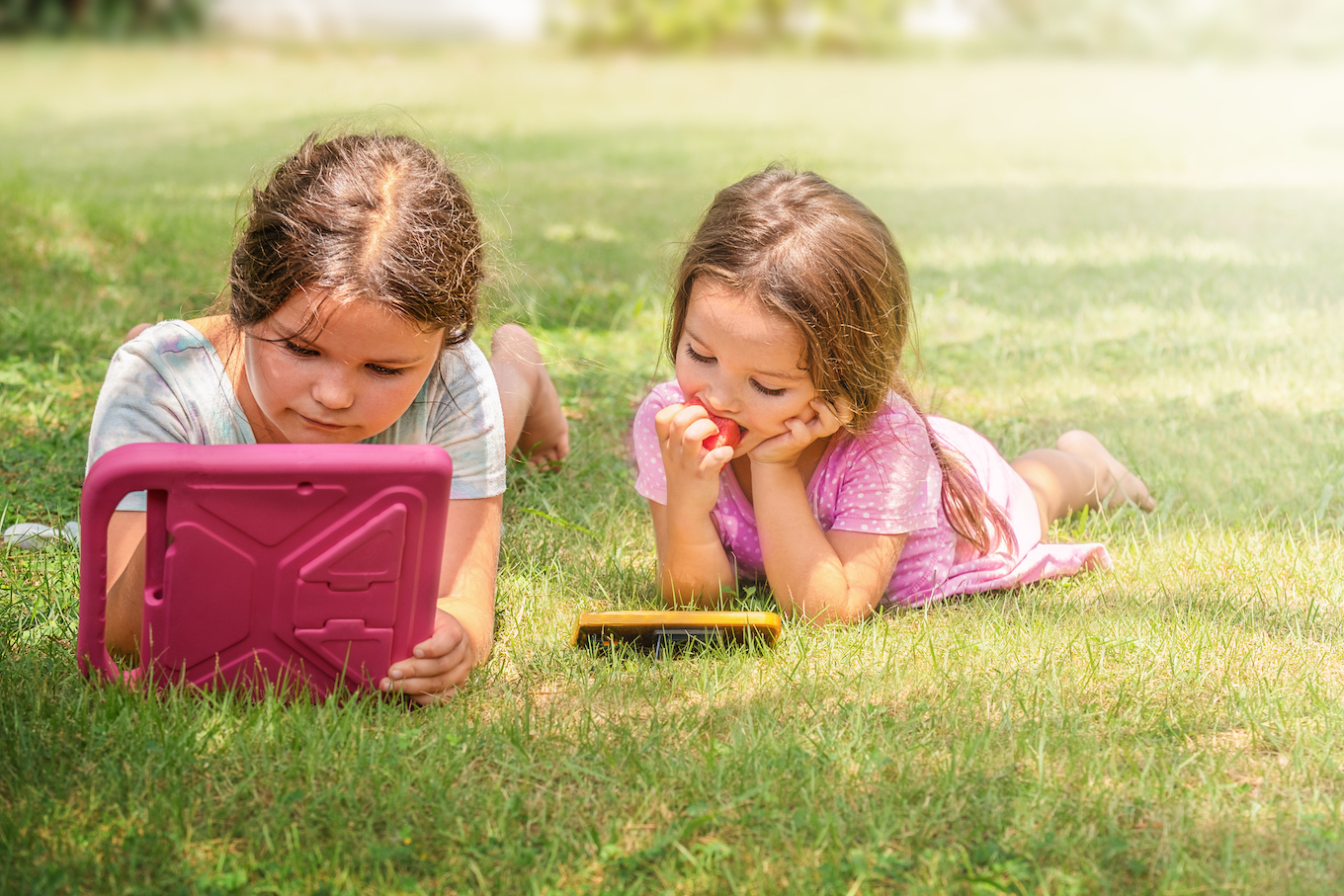
With kids growing up talking to smart devices like “Alexa” or “Siri,” they may be personifying this type of technology too much. Additionally, several popular celebrities have lent their faces to AI technology to create digital friends for people to converse with. According to the New Yorker, Kendall Jenner’s face was used to create Billie, a “ride-or-die older sister” type that people can chat with on Meta.
Making sure our kids don’t spend too much time online or with AI tech and that they’re still building real-world friendships is key.
Teach the importance of respect.

As our kids grow up essentially conversing with robots, it is important we still teach respect. According to Science Direct a study of 14- and 15-year-olds in the US found that 40% of students interacted inappropriately or offensively with a text-based teacher’s assistant.
Alexa or Siri may not be real, but if our kids get too comfortable being rude to female-voiced digital assistants, they could end up being rude to real women.
Parents should educate themselves.

It’s hard to understand or moderate something we don’t fully understand. That means it’s important as parents that we educate ourselves on the advancements in AI tech and the systems our kids might be using.
According to a survey from Barna, 72% of parents surveyed agreed that they were concerned about AI, especially with regard to data privacy. But only 54% actively sought out information and resources related to AI technology.
The more we know, the better we can advise our own kids.
Use it as a tool, not a crutch.
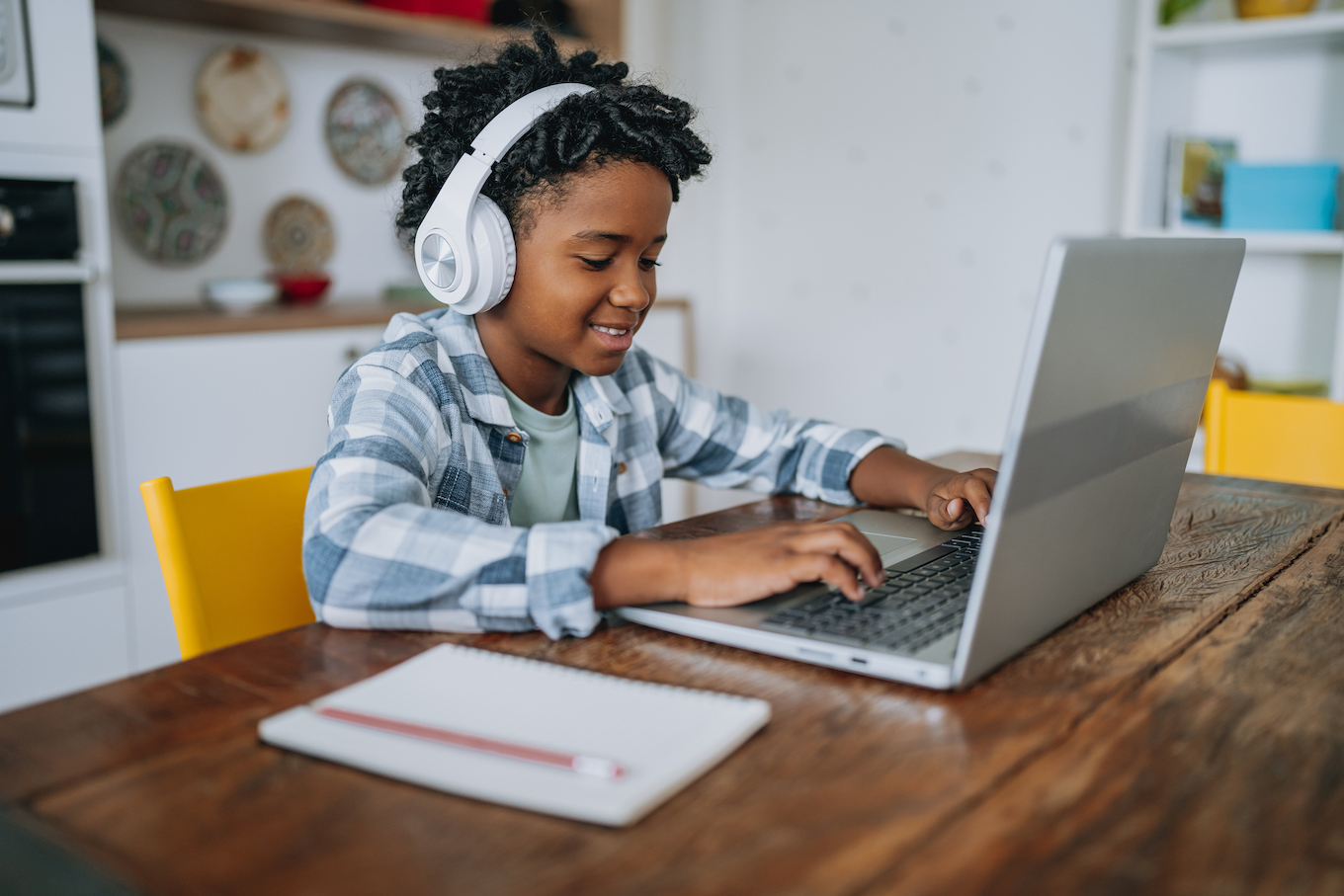
Ultimately AI presents us with the adage, “With great power comes great responsibility.” If our children use AI as a tool to help them study or as a jumping-off point for research, it can be quite effective. They just have to be careful not to use it as a crutch when it comes to schoolwork, forming relationships, etc.
AI is unlikely to go anywhere, and it will just get more advanced. The more we learn to appropriately adapt to it now, the better.

